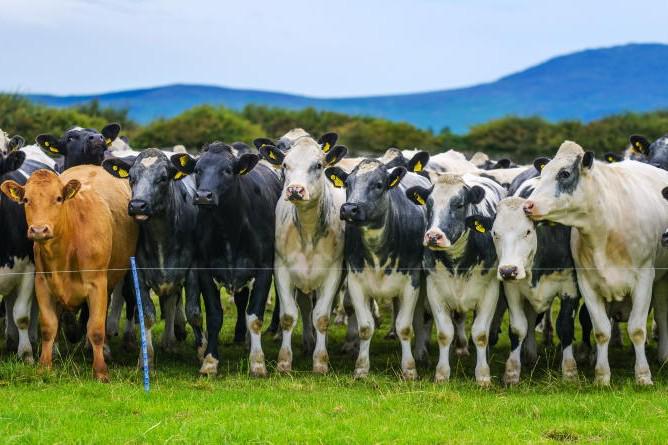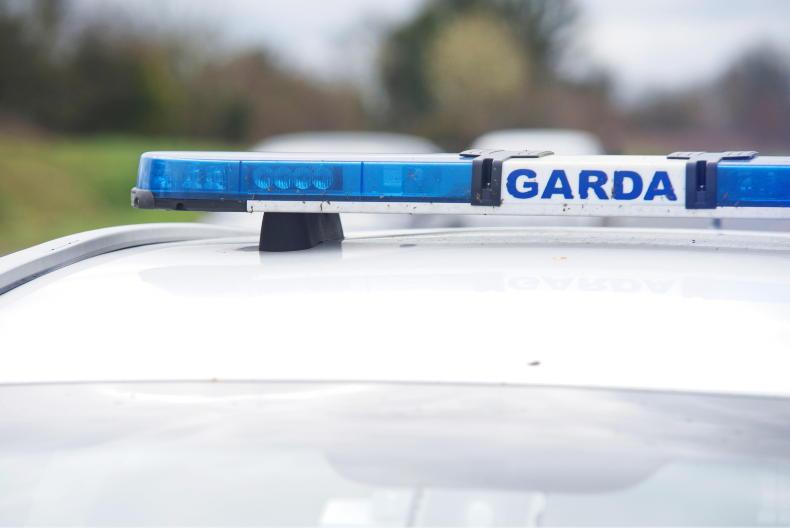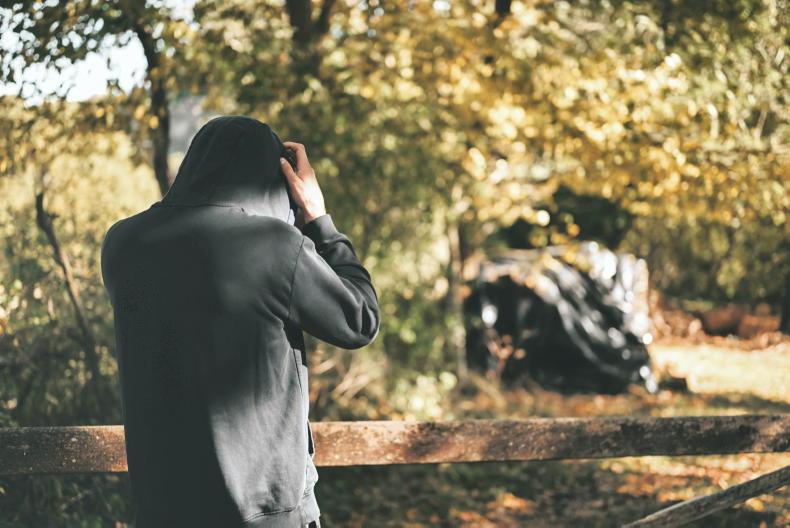Less than 4% of all cattle stolen in the Republic of Ireland have been recovered in the last 10 years.
Between January 2009 and June 2019, 2,222 cattle were stolen in the Republic of Ireland, according to figures from the Department of Agriculture. Of these, just 81 animals (3.6%) have been recovered.
The number of cattle stolen varies significantly from year to year. To date in 2019, some 28 cattle have been taken from six counties. Last year 137 cattle were stolen, in addition to the reported theft of another 210 cattle and tags from a single farm in Meath.
Farmers in northeastern counties such as Meath and Louth are regular targets for thieves
Even taking just the 137 cattle, it was a three-fold increase on 2017, when 50 cattle were stolen.
But all 26 counties of the Republic have been affected by cattle rustling.
Farmers in northeastern counties such as Meath and Louth are regular targets for thieves, with cattle taken from each every year since 2009.
Farms in Laois, which is covered extensively by motorways, have also been targeted. Last year alone 35 cattle were taken, with just a single animal recovered.
Donegal and Mayo have been worst affected in the west
In the southeast, Limerick has been a hotspot for thefts, with 178 cattle stolen. It ranks third highest in the State for the total number of animals taken.
Donegal and Mayo have been worst affected in the west, with 114 and 113 cattle taken respectively. The border county of Monaghan has long suffered from an epidemic of cattle thefts. It has the highest number of recorded thefts, with 375 cattle taken over the last 10 years.
IFA Monaghan chair Frank Brady believes there is a well co-ordinated cattle theft ring in operation.
“We have suspicions about the people that are doing it, but proving it is something different. It’s like stealing cars for order. They seem to be stealing the cattle for order,” he said.
Brady says out-farms and secluded fields are targeted by the thieves. He said in one instance cattle had been fed meal for several days by the thieves, effectively training them to follow people and making them easier to steal.
Unless the PSNI and the gardaí work closely together, the problem will never be solved
He said local knowledge was also a factor in thefts.
“Someone says ‘Oh Frank Brady’s cattle are housed and there’s nobody going to be there for the next couple of nights, you’re safe enough at four o’clock in the morning’.”
Brady said unless the PSNI and the gardaí work closely together, the problem will never be solved.
“Rural Ireland doesn’t get the protection it needs from the Government and it probably doesn’t get the protection from gardaí due to a lack of resources, not a lack of will.”
The Department of Agriculture does not keep any record of sheep thefts.
As there is no requirement for sheep farmers to record the individual births there is no record of sheep theft incidents on the Department’s Animal Identification and Movement (AIM) system.
A Department spokesperson said: “Where sheep are stolen, keepers are advised to notify the gardaí of the details and must record the relevant information on their flock registers.”
The Department has no plans to record sheep thefts on its systems.









SHARING OPTIONS